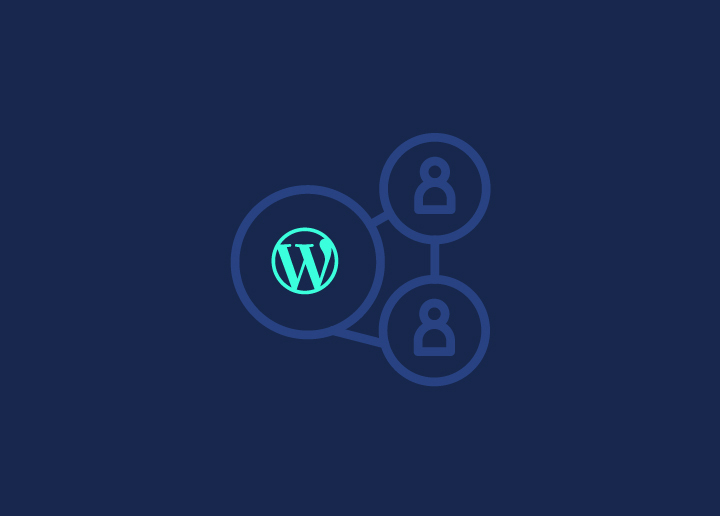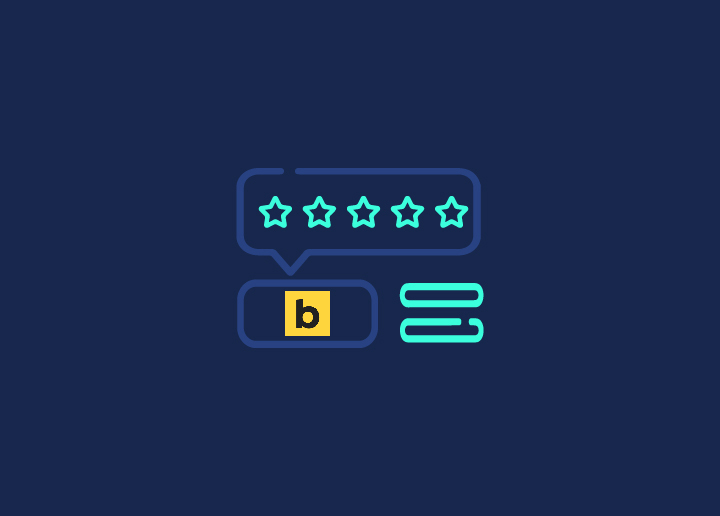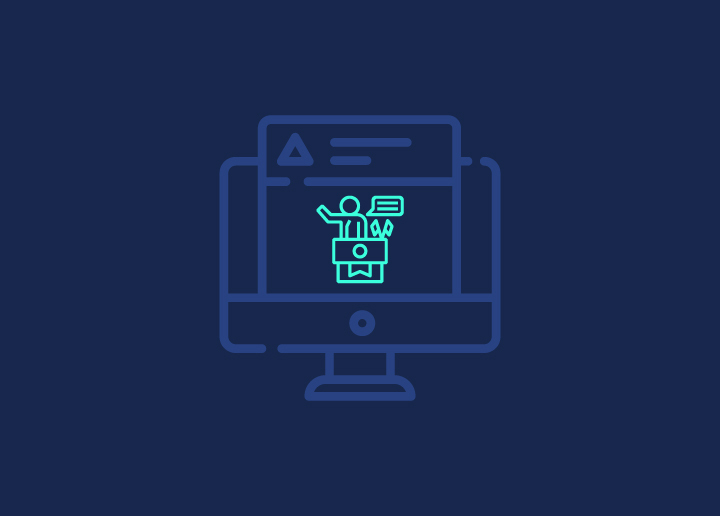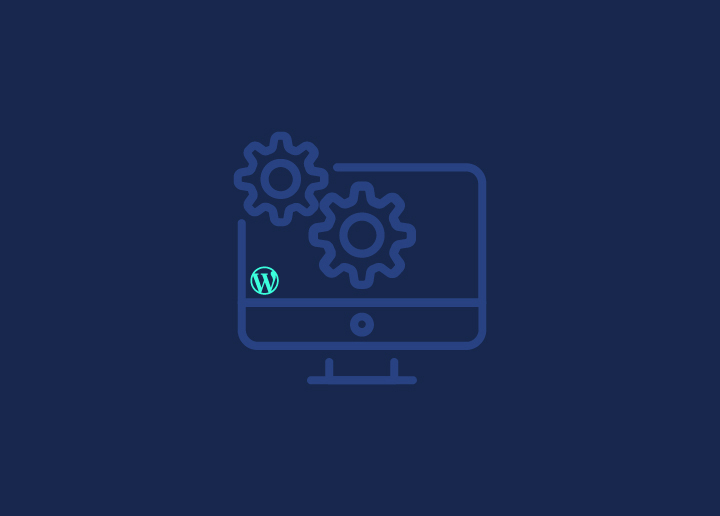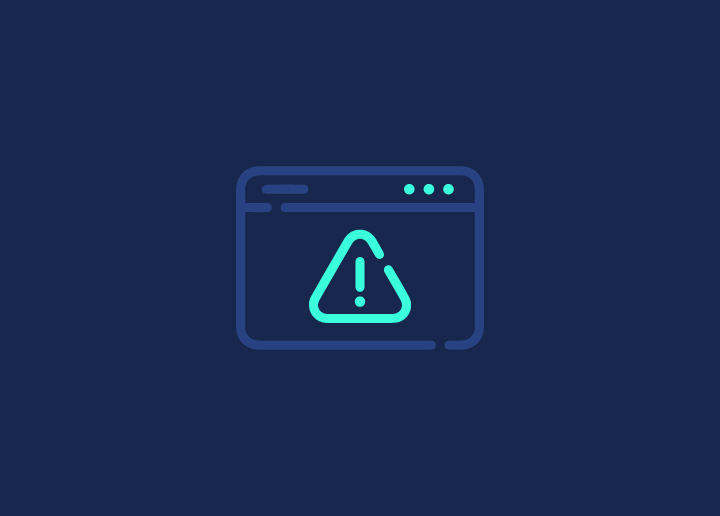There are many reasons why you should avoid multiple-page redirects on your website. For example, if someone clicks a link on social media and gets redirected to a different page after every click, they will become frustrated and leave. This is also bad for SEO because Google looks at the URL of each page, so if you have several pages with the same title, it confuses them, and they might rank one higher than the other, which can confuse visitors looking for the right content.
Contents
ToggleDo page redirects impact performance? How to avoid multiple page redirects?
Redirects are often implemented to improve the user experience on a website by directing them to the most relevant page. However, redirects can also hurt performance, mainly if multiple redirects are in place.
Ways to avoid multiple pages redirects:
Use a single URL: You can avoid multiple-page redirects is to using a single URL for all versions of your website content. This ensures that users are always directed to the correct page without going through multiple redirects.
Use server-side caching: Another way to avoid multiple-page redirects is to use server-side caching. This means your web server will cache the last known good version of a page and serve this cached version to users instead of redirecting them. This can help improve performance, eliminating the need for multiple round trips between the user and the server.
Use client-side caching: Finally, you can also use client-side caching to improve performance. This means that your browser will cache certain pages and resources so that they don’t need to be downloaded from the server each time they’re accessed. This can reduce the number of requests that need to be made to the server and ultimately improve performance.
What are the different types of redirect codes?
Redirect codes are three-digit numbers that indicate the type of redirect that is being used. The most common redirect code is 302, which means a temporary redirect. A 301 redirect code indicates a permanent redirect, and a 307 redirect code indicates a temporary Redirect with POST data.
If you are facing issues with page performance due to multiple page redirects, contact our team today!








